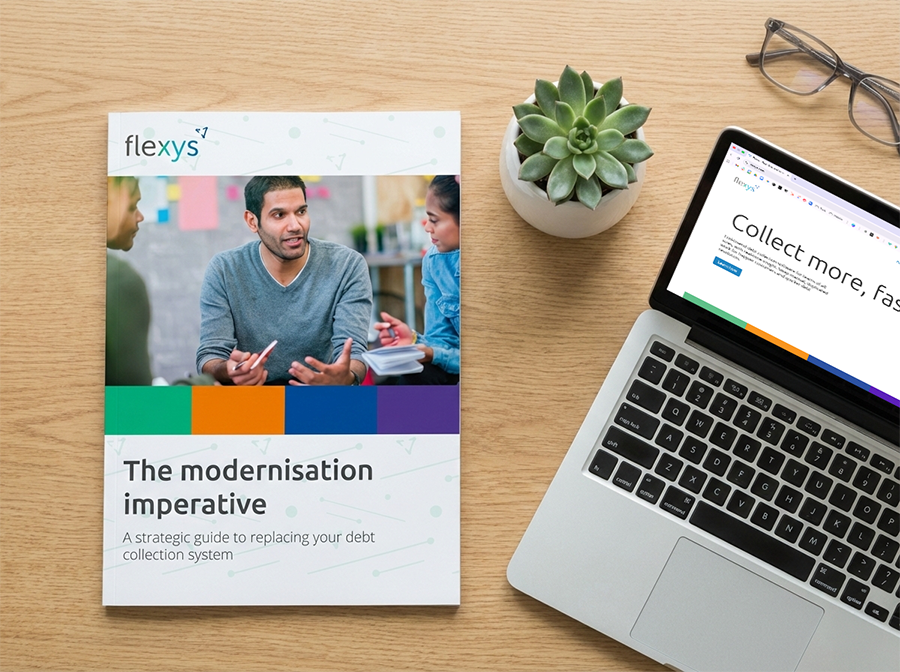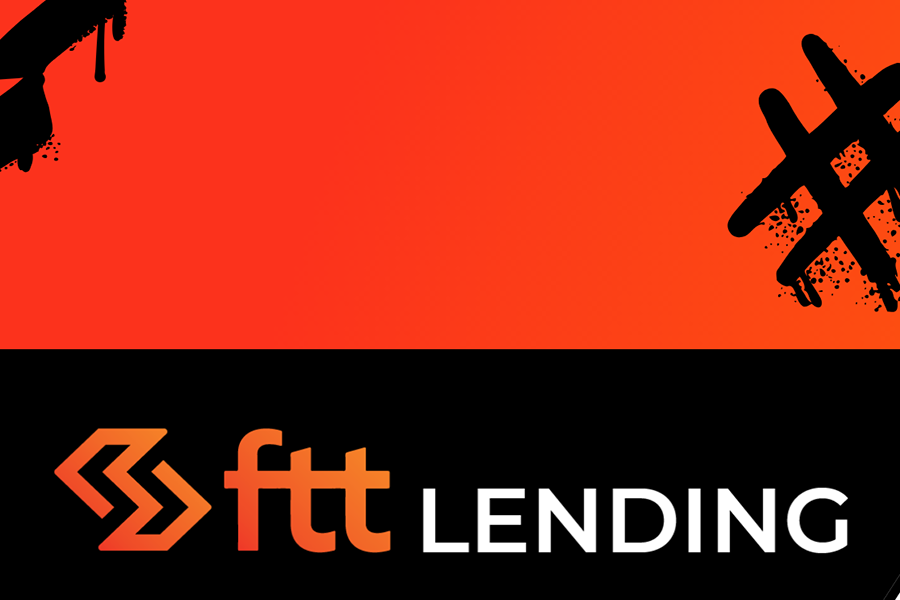How debt collection software helps you avoid foreseeable harm
Strategies to help you reduce risk and safeguard customers
We explore five ways to improve your debt collection practices, all while putting customer well-being first and aligning with Consumer Duty principles.
Make it easy for customers to ask for help
Customers are far more likely to tell you they're struggling if you've already established a supportive relationship.
The communication you have with them before they miss a payment is crucial.
By sending regular, helpful guidance from the start, you build trust and create an environment where people feel comfortable reaching out for help, rather than staying silent.

Spot the warning signs early
Spotting the signs of financial stress early is crucial.
Your collections software should act as an early warning system, tracking key indicators like missed payments, increased credit use, or frequent overdrafts.
This allows you to be proactive. Instead of waiting for a default, you can send a friendly check-in or a subtle payment reminder before the due date.
It gives the customer a chance to raise any issues they might be having and helps you prevent small problems from becoming bigger ones.
Be clear about consequences and support
It can feel counterintuitive to talk about missed payments early on, but customers who understand debt processes are better equipped to handle their situation.
Be upfront about what happens if a payment is missed, but just as importantly, be clear about the support available to help them avoid it.
A report by the Credit Services Association found that:
Customers who are better informed about the reality of debt collection are better equipped to confront their circumstances.
Letting people know that help is available – and that they won't be penalised for asking for it – is one of the most supportive things you can do.
Build a network of support for your customers
Helping customers improve their financial health often means connecting them to a wider network of support.
Along with links to debt advice charities, this could include providing budgeting tools or income maximisation services that help people find unclaimed benefits.
By providing these resources, you empower customers to take control of their financial future.
Be flexible where you can
When a customer is in financial difficulty, a rigid process can make things worse. Offering flexibility is the key to preventing a small problem from escalating.
Simple actions like adjusting a payment plan or offering a short payment break can be incredibly effective.
By tailoring your solution to each customer's situation, you provide manageable support and reduce the risk of foreseeable harm.
Why this matters for Consumer Duty – and for you
Supporting customers before they fall into arrears is more than just good practice; it's good business. It helps prevent debts from escalating, which leads to better outcomes for both you and your customer.
This is the very essence of the Consumer Duty: taking steps to avoid foreseeable harm.
By acting early, you protect your customers, reduce your own business risk, and lower your long-term operational costs.
To help leaders like you, we’ve created a blueprint packed with actionable steps to improve your collections process.






